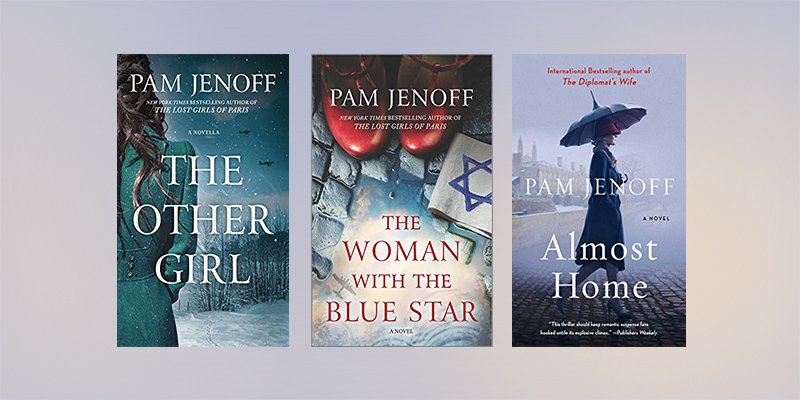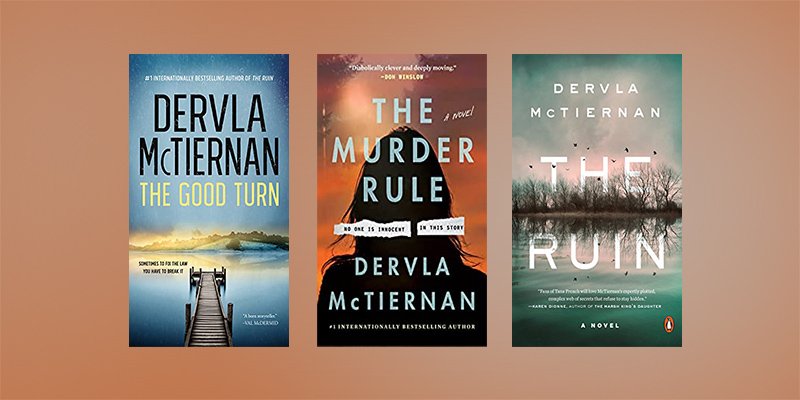Steve Jobs, the legendary co-founder of Apple, was an avid reader whose interests spanned fiction, philosophy, and spirituality. While building one of the most innovative companies ever, Jobs looked to books to stimulate his creativity and thinking. The titles he recommended over the years offer insight into the ideas that inspired his work.
This article covers books that Steve Jobs mentioned in interviews, speeches, and his biography. Ranging from spiritual and religious works to biographies of inspiring figures, Jobs’ recommendations provide insight into the ideas that motivated him. For those curious about the reading list of one of history’s greatest entrepreneurs and inventors, these handpicked books provide a fascinating window into the ideas behind the Apple visionary’s genius. While wide-ranging, these titles gave fuel to the unconventional thinking at the heart of Jobs’ technology revolution.
Steve Jobs Favorite Books
Arnold Ehret
Prof. Arnold Ehret’s Mucusless Diet Healing System
Prof. Arnold Ehret's Mucusless Diet Healing System, written by Arnold Ehret and annotated, revised, and edited by Prof. Spira, reveals a simple and powerful natural lifestyle secret that has improved the lives of thousands. This book explains that mucus-forming foods are unnatural for us to eat and are the root cause of many human illnesses. It provides all the information needed to instantly begin cleansing the body and gaining a new lease on life. Readers will learn how to overcome health issues naturally, identify mucus-forming foods, melt away unwanted body fat, and heal themselves of various ailments. The book includes testimonials from individuals who have benefited from this system. It also emphasizes the importance of health and offers a solution to transform taste buds so that one no longer desires harmful mucus-forming foods.
Chögyam Trungpa
Cutting Through Spiritual Materialism
Cutting Through Spiritual Materialism by Chögyam Trungpa is a modern spiritual classic that exposes a common trap we fall into on our spiritual journey. Trungpa explains how we often use spirituality as a means to improve ourselves, when in reality, true liberation comes from letting go of the self. With compassion and insight, Trungpa's teachings help us break free from these illusions and awaken to a brighter reality.
Chogyam Trungpa
Meditation in Action
"Meditation in Action" by Chogyam Trungpa is a timeless guide that appeals to both beginners and experienced practitioners of Buddhist meditation. Trungpa Rinpoche emphasizes that meditation goes beyond sitting in a formal practice and instead serves as a foundation for compassion, awareness, and creativity in all aspects of life. He explores six activities associated with meditation in action, such as generosity, discipline, and patience, revealing that through direct experience, one can attain true wisdom.
Clayton Christensen
The Innovator’s Dilemma
"The Innovator's Dilemma" by Clayton Christensen is a highly influential business book that explains why even the most successful companies can lose their market leadership. Christensen provides examples of both successful and failed companies to guide readers on how to capitalize on disruptive innovation. This book offers valuable insights and rules for managers, leaders, and entrepreneurs to navigate the challenges of innovation in any industry.
Dylan Thomas
The Poems of Dylan Thomas
The Poems of Dylan Thomas by Dylan Thomas is a collection of the poet's best work, personally selected by Thomas himself. This edition, published in 1953, has become the definitive version of his poetry. It includes famous poems like "And Death Shall Have No Dominion," "Do Not Go Gentle into that Good Night," and "Fern Hill," which have influenced artists like Bob Dylan and John Lennon.
Frances Moore Lappe
Diet for a Small Planet
"Diet for a Small Planet" by Frances Moore Lappe is a book that teaches readers about the importance of a new way of eating. In this complete guide, Lappe shares her personal journey and how this book transformed her own life. With simple rules for a healthy diet and easy-to-follow recipes, this book provides a streamlined and accessible approach to eating well in the twenty-first century. Lappe also offers valuable kitchen hints and tips for planning and preparing meals and snacks.
Herman Melville
Moby Dick
Moby Dick by Herman Melville is a captivating story about a sea captain named Ahab who seeks revenge on a great white whale that injured him. This epic tale goes beyond just a thrilling adventure, delving into the depths of the human soul. Alongside vivid descriptions of life on a whaling ship and fascinating information about whales and 19th-century whaling, Melville's masterpiece paints a vivid picture of life at sea and the determination of its characters. With the author's firsthand knowledge and keen observation skills, Moby Dick explores the conflict between man and nature in a gripping and imaginative way.
Jack Kerouac
On the Road
On the Road by Jack Kerouac is a significant and celebrated novel in American literary history. Kerouac wrote the first draft of the novel in 1951, which was later published in 1957. To commemorate the fiftieth anniversary of the novel, Viking will publish the original 1951 scroll in a standard book format. The scroll version is slightly longer and has a more vibrant language and explicit tone. It also uses the real names of Kerouac's friends instead of fictional ones. The book includes a critical introduction by Howard Cunnell, Joshua Kupetz, George Mouratidis, and Penny Vlagopoulos, which provides insight into the composition and publication history of On the Road and its historical context.
Paramahansa Yogananda
Autobiography of a Yogi
Autobiography of a Yogi by Paramahansa Yogananda is a beautifully written book that tells the inspiring story of the author's life. It serves as an introduction to the ancient science of Yoga and the tradition of meditation. The book is not only profound and inspiring, but also entertaining and humorous. It includes encounters with saints and sages, as well as meetings with famous spiritual figures like Mahatma Gandhi and Rabindranath Tagore. Autobiography of a Yogi has been translated into over 30 languages and is considered a classic of religious literature. It continues to be a best-seller after more than sixty years in print.
Ram Dass
Be Here Now
Be Here Now by Ram Dass is a book that was first published in 1971 and had a profound impact on the spiritual community. The author, previously known as Professor Richard Alpert, had achieved great success in academia and material wealth, but still felt a deep emptiness. Through the use of psychedelic substances, he underwent a transformative experience that led him to peel away the layers of his identity and discover his true self. This spiritual journey took him to India, where he was introduced to mindfulness practices and Eastern philosophy.
Richard Maurice Bucke
Cosmic Consciousness
Cosmic Consciousness by Richard Maurice Bucke is a book that explores the evolution of the human mind. Bucke suggests that humans are progressing from animal consciousness to ego consciousness, and eventually to a transcendent state called 'cosmic consciousness.' This mystical state has been experienced by only a few individuals so far, but Bucke believes it will become more widespread in the future. The author examines historical figures such as Buddha, Jesus, and Walt Whitman, who have achieved cosmic consciousness.
Shunryu Suzuki
Zen Mind, Beginner’s Mind
Zen Mind, Beginner's Mind by Shunryu Suzuki is a beloved and widely recommended book on Zen. It begins with the famous line, "In the beginner's mind there are many possibilities, but in the expert's there are few." This simple sentence cuts through the tendency of students to miss the essence of Zen. Suzuki Roshi presents the basics of Zen practice, including posture and breathing, in a clear and joyful way.
Thaddeus Golas
The Lazy Man’s Guide to Enlightenment
"The Lazy Man's Guide to Enlightenment" by Thaddeus Golas is a timeless book that offers practical advice on how to improve your life and find true happiness. Originally published in 1972, this underground classic teaches simple steps to incorporate into your daily life and thoughts, such as memorizing key phrases. By reminding yourself to "love as much as you can from wherever you are" or "love it the way it is," you can experience a more conscious and fulfilling existence. Golas encourages readers to be engaged and aware members of the universal community, emphasizing the importance of humility and love.
William Shakespeare
King Lear
King Lear by William Shakespeare is a well-known tragedy that explores the themes of war, treason, and betrayal. The story follows a father who makes a mistake in judging his daughter and banishes her. As the play progresses, the king's mental state deteriorates, showing how he prioritizes appearances over what is real. Shakespeare's vivid characters and portrayal of human relationships make King Lear his greatest masterpiece.
Lama Anagarika Govinda
The Way of the White Clouds
The Way of the White Clouds is a captivating book by Lama Anagarika Govinda, a well-known explorer from Tibet. This book tells the story of his pilgrimage to Tibet in 1948, before it was invaded by the Chinese. It is a remarkable and poetic narrative of his exploration and discovery, offering a clear and sensitive interpretation of the Tibetan tradition. Above all, it is a beautifully written account of his personal spiritual journey, including his meeting with his guru, Tomo Geshé Rimpoché, and his deepening commitment to the Vajrayana tradition of Buddhism.



